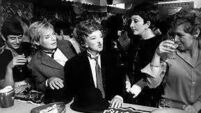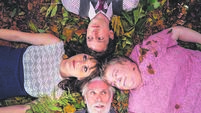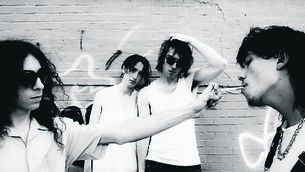Orchestra Baobab take to the stage at Cork Jazz Festival as part of world-wide tour
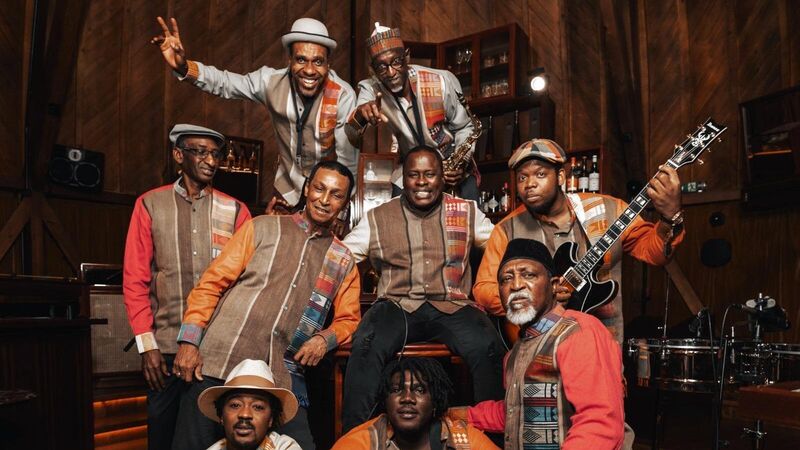
Orchestra Baobab play the Everyman on Sunday, October 27.
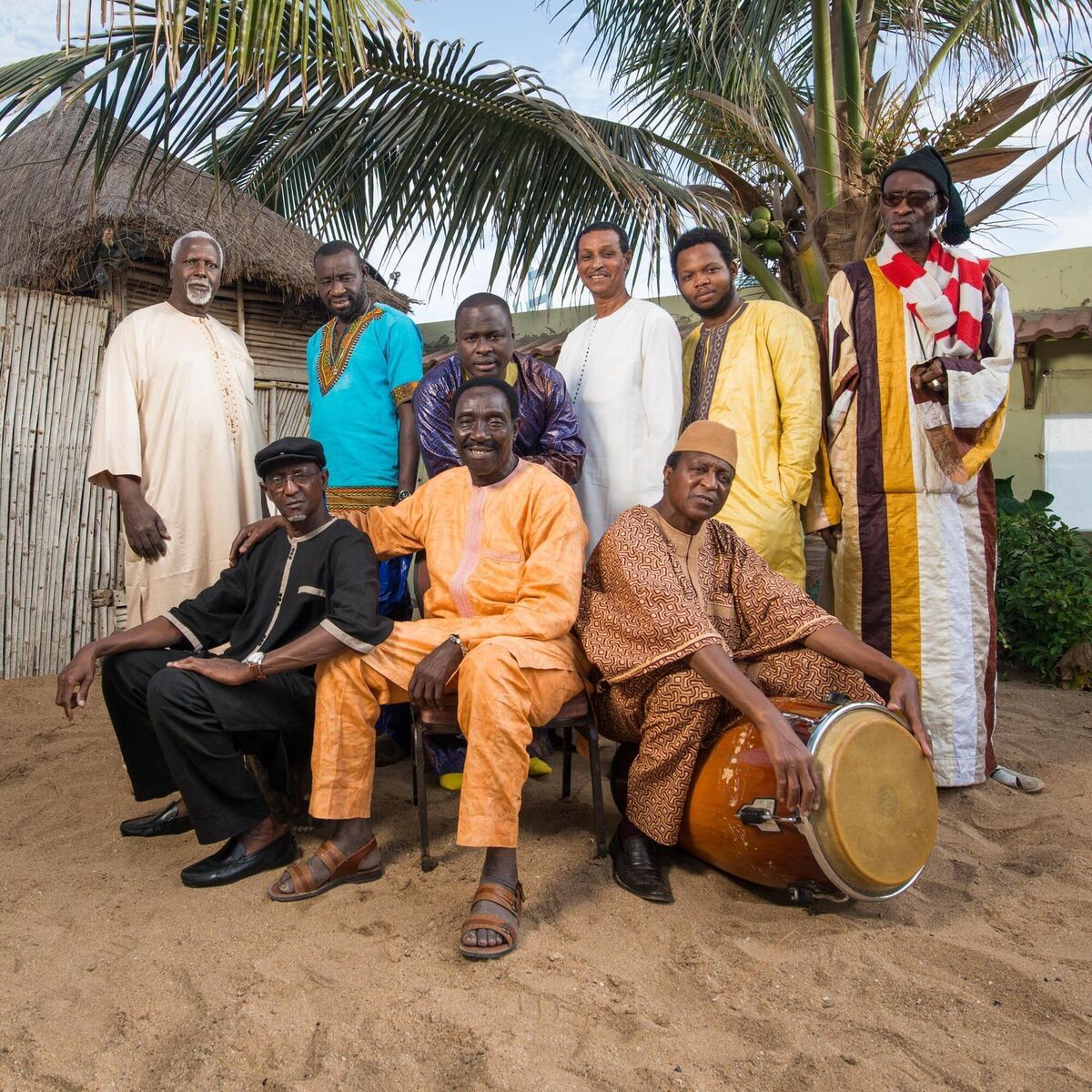
Some of the founder members began their careers as part of an already established club band, Star Band, who were the resident band at the popular Dakar Miami Club. However, a brand new rival club, the Baobab, named so because it was built around a baobab tree, managed to lure some of Star Band’s most accomplished musicians for their own in-house band. Taking on the name of the club, Orchestra Baobab was born.
Integral to this new outfit were Star Band’s singer and percussionist Balla Sidibé and guitarist Barthélémy Attisso, as well as singer and percussionist Rudy Gomis. They were to spend seven years in that establishment, playing to the great and the good four nights a week. Club Baobab was owned by Senegal’s minister of finance, and the audience comprised of national and international dignitaries, including his brother, the president. Orchestra Baobab developed their sound there. Initially, their set mostly comprised Cuban songs that were popular in the 1950, which suited the basement setting of the stage and the cosmopolitan ambience of the club.
They recorded a number of albums, but while they rightly celebrated for their professionalism and musicianship they felt there were better financial opportunities to be found elsewhere. They were also frustrated by the venue’s strict door policy, which excluded the band’s friends. Finally their ambitions took hold and they left Club Baobab in 1977, relocating to the Jandeer night club, while keeping their name. Ironically, the band had benefited from progressive cultural policies enacted by the president, who preferred Cuban and French styles.
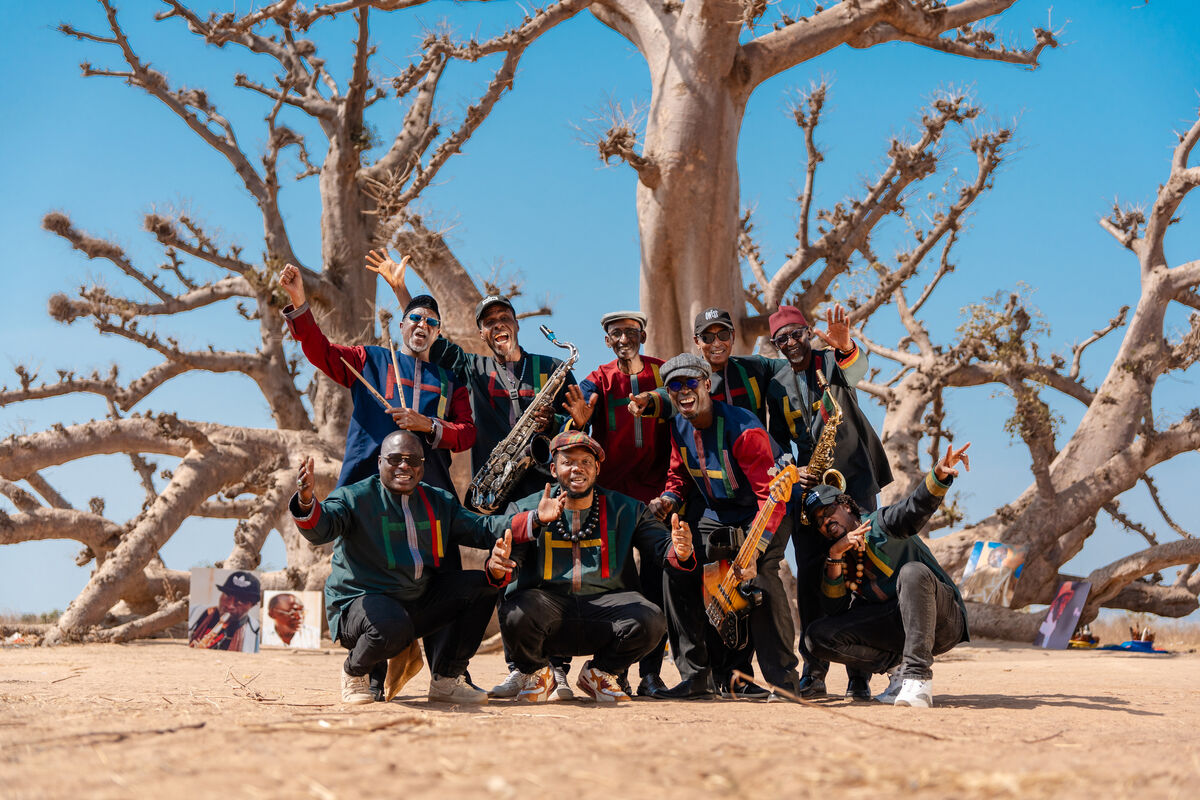
1978 saw them record two landmark albums in Paris, Baobab à Paris Volumes I & II. These albums introduced Orchestra Baobab to the world. Their popularity would expand though albums like Gouygui Dou Daanou (1979) and Sibou Odja (1980). However, back home things were changing, as interest in the Baobab sound waned.
But the world hadn’t forgotten them. Their 1983 album Ken Dou Werente was picked up by the British Cuban and West African specialist music label World Circuit - who also gave us Buena Vista Social Club - in 1989 and given a re-release under the name Pirate’s Choice. Alongside the emergence of World Music, this album found a ready audience eager to understand more of African and Caribbean music. Members of the band had been doing a variety of other jobs. A trained lawyer, Barthélémy Attisso had returned to his profession in Togo. And Rudy Gomis, a trained language teacher, founded his own language school (named Baobab Centre) in Dakar, where he taught the many languages spoken in southern Senegal and the Guinea Bissau region from where he emerged.
Through the band’s wilderness years, the members had kept in touch and reunited in 2001. Not only did they return to the songs that had found a new worldwide audience in their absence, they returned to the studio, recording a number of new albums, including 2007’s Made in Dakar, which was co-produced by their compatriot and contemporary Youssou N’Dour. And even though they had become a globetrotting band, something of their original defiant and deeply rooted spirit remained, as they returned home to commit themselves to an intimate residency in the garden of Dakar restaurant Just4U.
A singer with the band since 1975, Ndiouga Dieng died in 2016. Tenor saxophonist and one-time bandleader Issa Cissoko passed in 2019. Balla Sidibé left us in 2020, and Rudy Gomis in 2022. But Orchestra Baobab’s unique spirit continues through a new generation, under the guidance of longtime alto saxophonist Thierno Koité. Last year they released new single, “50 Ans”, with lyrics written by drummer Mountaga Koité. The main vocals come from his son, Papino, who is a new recruit to the band and take his place alongside vocalist Alpha Dieng, son of Ndiouga.
With the band currently in the midst of a world tour and a new album in the pipeline there is no indication that there will be any end to the mellifluous, joyful sound of Orchestra Baobab.
Orchestra Baobab play the Everyman on Sunday 27th. Doors 5.30pm
